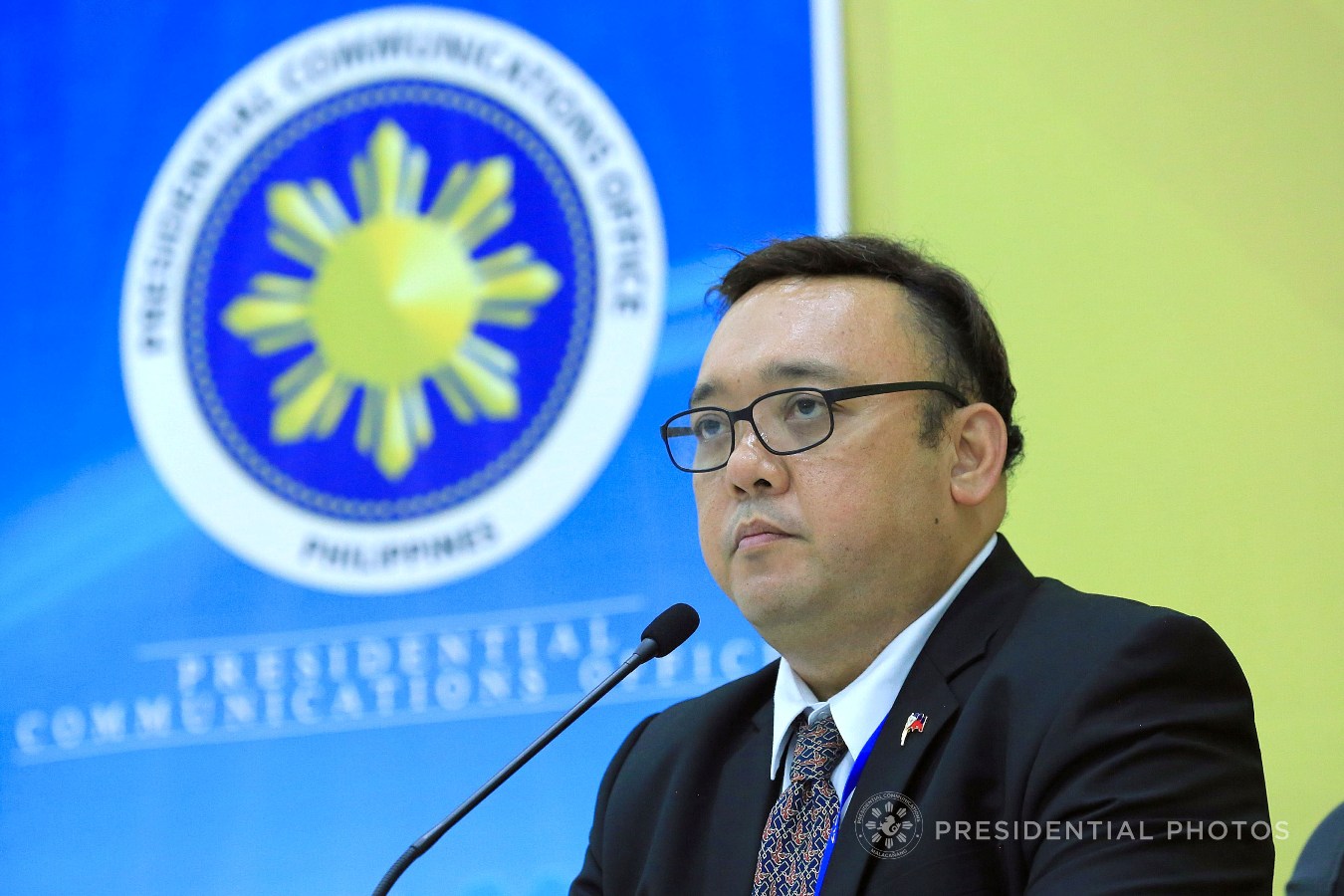
MANILA— Malacañang on Monday said there is no reason for the public to panic over the anti-dengue vaccine Dengvaxia, as it assured that the vaccine poses no real deadly after-effects as once believed by some concerned sectors.
The assurance was made by Presidential Spokesperson Harry Roque during a Palace briefing.
“The good news is people should not panic about the dengue vaccine. There is no danger with the dengue vaccine,” he said.
Alarms were raised after the Department of Health (DOH) suspended the use of Dengvaxia, a dengue vaccine made by French firm Sanofi Pasteur, due to findings from the manufacturer itself that it may cause “severe disease” in people who have no prior dengue infection.
According to DOH estimates, one out of 10 Filipinos, or 10 percent of the population have not been infected by the dengue virus.
Roque noted that earlier concerns were over the term “severe dengue” which Sanofi used to describe the type of infection that may afflict those not previously infected by dengue before being vaccinated.
Dengue infection is classified as mild, severe and deadly.
It turned out that the classification being used by the French manufacturer is entirely different from the classification currently used by the DOH and the World Health Organization (WHO).
“And the ‘severe dengue’ that is mentioned by Sanofi will involve symptoms that include two days of fever and hemophilia. ‘Yung pagmamarka sa skin (The skin rashes). It is not the deadly type of dengue,” Roque said.
“So in common parlance, sa ordinaryong salita, ‘yung pinakamalala po na pupwedeng mangyari sang-ayon sa bagong pag-aaral mismo ng Sanofi, (the worst case scenario according to Sanofi’s latest study) eh ‘yung mga hindi pa nagkaka-dengue na isa lamang sa 10 ay pupwedeng magka-dengue, na sa ating classification dati ay mild lamang dahil meron lang lagnat at merong mga pasa. Hindi po ‘yung severe na nakakamatay (Those who have not had dengue before which is one in 10 can acquire dengue, which is based on our classification is mild only because it is only characterized by fever and bruises. It’s not the severe one which is deadly),” he added.
To further allay undue public fear, Roque also assured that Malacañang would be the first to announce if there would be any cause for concern.
“I guess the sentiment that should be shared with the public is we will tell you if there is a reason to be concerned. So huwag po tayong mag-panic, (Let’s not panic.)” he said.
“At kung mayroon naman pong ibang datos na magpapakita na talagang may dahilan para maabala ang publiko, sasabihin naman po iyan ni Presidente (Rodrigo) Duterte. Wala po kaming itatago sa publiko, (If there are other data which will show that there is a reason for the public to be alarmed, President Rodrigo Duterte will tell that. We will not hide anything from the public.)” Roque said.
In the meantime, the DOH clarified that a recipient of the dengue vaccine that has no previous infection with the disease does not automatically mean that you would have a severe infection after a three-year period.
“You may develop. You may be at risk. But not saying that those one out of 10 would eventually develop severe dengue,” DOH spokesperson Dr. Lyndon Lee Suy said in the same briefing.
Nonetheless, he assured the public that the DOH would monitor all recipients of Dengvaxia for the next years.
In the meantime, he said it is also important for the public to realize that immunization is only a part of the fight against the disease.
“Let’s go back to basics. You have to have a good immune system, resistance level. Kasi infection pa rin ito eh, (This is just an infection.)” he said.
The DOH official also pointed out that dengue is caused by mosquitoes and eliminating their breeding places is the best way to minimize the risk of infection.
“Hindi ito manggagaling sa bakuna, ‘yung dengue mo, manggagaling pa rin ito saan? Kagat pa rin ng lamok. So go back tayo doon. Anong gagawin ko para hindi ako magka-dengue? Balik tayo sa paglilinis ulit ng kapaligiran, (This will not come from the vaccine. The dengue, where will it come from? It will still come from a mosquito bite. Let’s go back there. What will do to avoid dengue? We will go back to keeping our surroundings clean.)” he said.
“So that would lower down the risk of you acquiring the dengue infection. Let us focus on that,” Lee Suy said.